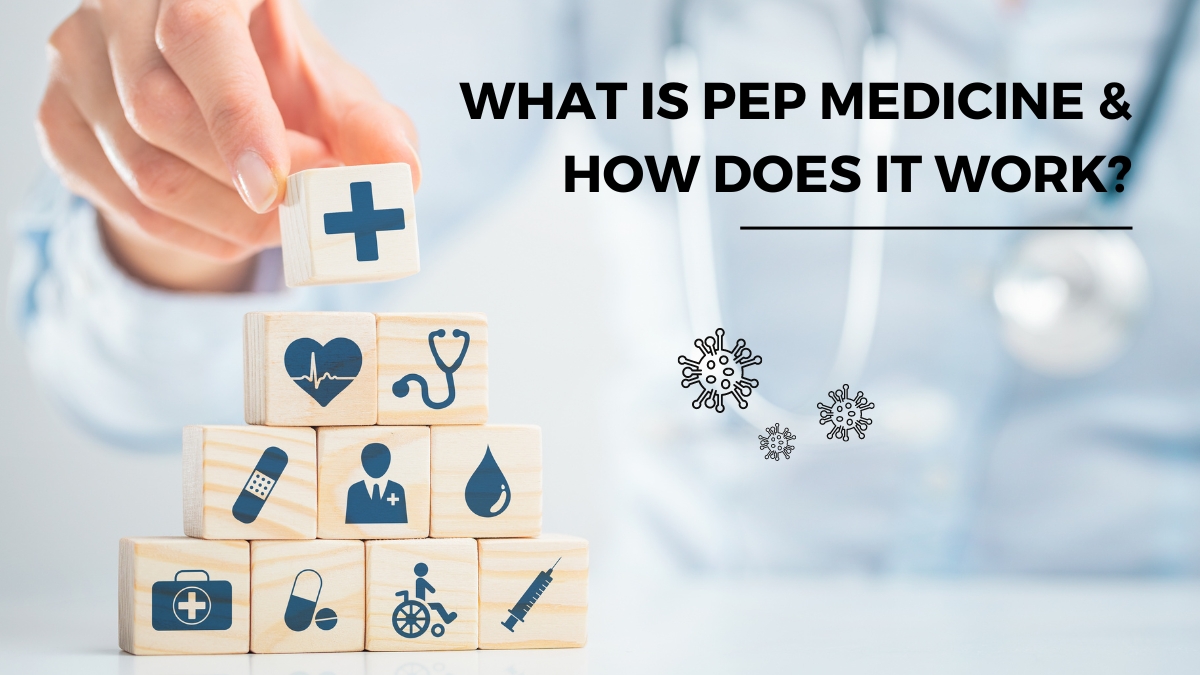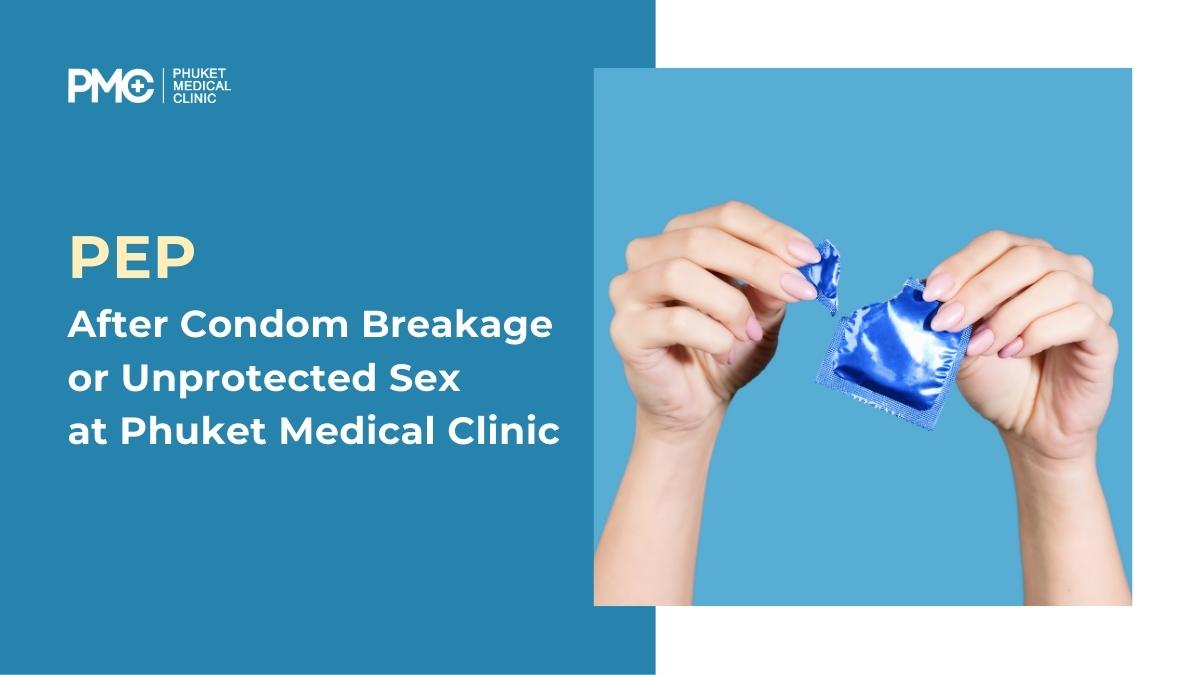Access to PEP (Post-Exposure Prophylaxis) medicine is crucial for preventing HIV infection after potential exposure. To obtain PEP, follow these steps. Firstly, seek immediate medical attention by visiting an emergency room or a healthcare provider experienced in HIV care. Explain the circumstances of the exposure and request PEP treatment. If possible, bring any relevant information, such as the time of exposure. The healthcare provider will assess the risk and prescribe a 28-day course of PEP medication. It is essential to start PEP as soon as possible, ideally within 72 hours of exposure. Ensure regular follow-up appointments for monitoring and evaluation. If financial concerns arise, inquire about financial assistance programs or contact local HIV/AIDS organizations for support. Remember, timely access to PEP medicine is critical for its effectiveness in preventing HIV transmission.
What is PEP Medicine & How Does It Work?
Understanding the role of PEP Medicine in preventing HIV infection is of paramount importance in today’s world. HIV remains a significant global health concern, and proactive measures like PEP can make a substantial difference. PEP medicine offers a critical opportunity for individuals who may have been exposed to HIV to take immediate action and reduce their risk of infection. By gaining knowledge about what PEP is and how it works, individuals can make informed decisions about their sexual health and seek appropriate medical assistance in a timely manner. Empowering people with information about PEP medicine helps promote awareness, encourages proactive behavior, and ultimately contributes to the overall efforts in preventing the spread of HIV infection.
PEP After Condom Breakage or Unprotected Sex at Phuket Medical Clinic
Taking immediate action after potential exposure to HIV is crucial to prevent the virus from taking hold in your body. Post-Exposure Prophylaxis, or PEP, can be your lifeline if you’ve had unprotected sex or experienced a condom break. In Phuket, Thailand, the Phuket Medical Clinic offers prompt and confidential PEP treatment services.
Does PEP really help prevent HIV?
PEP (Post-Exposure Prophylaxis) is a medication used to prevent disease after exposure to the HIV virus. It is a preventive treatment aimed at reducing the risk of infection after a potential exposure. It involves taking antiretroviral medication within a specified time frame. PEP is recommended by healthcare professionals for individuals who have engaged in unprotected sexual intercourse, experienced sexual assault, or been accidentally exposed through needlestick injuries, particularly for medical personnel. PEP works by suppressing the replication of the HIV virus in the body, preventing it from establishing a widespread infection. Its effectiveness is highest when started within 72 hours after exposure. The earlier the treatment is initiated, the greater the chances of preventing HIV infection.




